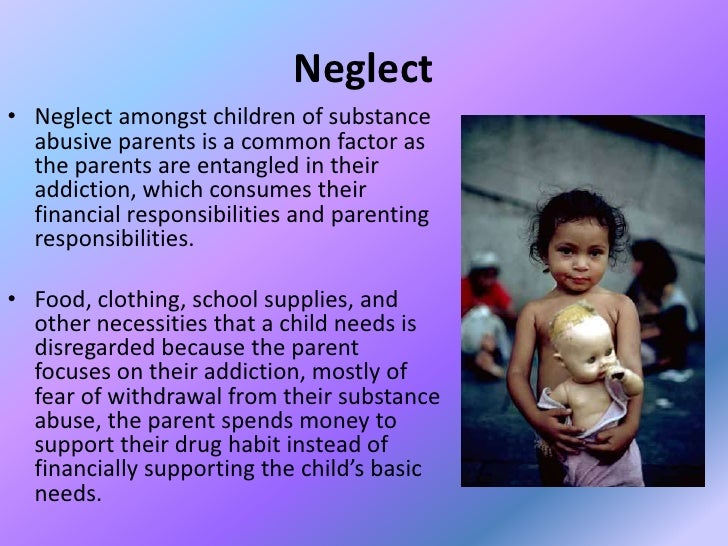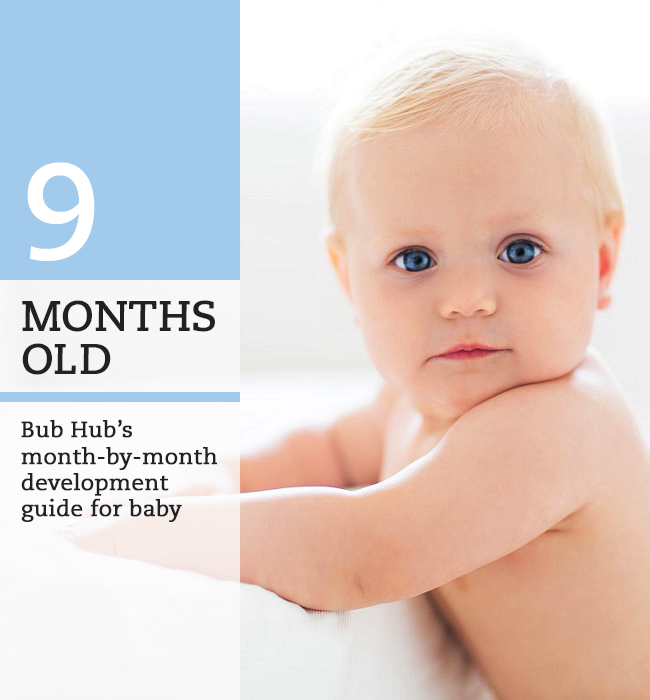Things to avoid during the first trimester
First trimester of pregnancy do's and don'ts
You’re pregnant! Take some time to jump for joy and feel grateful for this blessing before diving into the world of parental responsibilities.
Your work as a new parent starts now. While you can’t protect against every complication, you can follow these helpful tips to have a healthy, happy first trimester.
Free downloads: Pregnancy guidebooks by trimester
The DO’SDo think of food as fuel.Contrary to the old saying, you’re not actually eating for two. You will need more calories and nutrition later in your pregnancy, but there’s no need to double your intake now.
Instead of quantity, focus on the quality of your food. Fuel your body with healthy food. If possible, choose organic food and eat from local food sources if you can. This limits your exposure to pesticides.
Do focus on folate.You should be taking 600 micrograms of folic acid a day in the first trimester of pregnancy. If you were not already taking folic acid supplements in advance of getting pregnant, start immediately.
This helps prevent two common and serious birth defects: spina bifida and anencephaly. It’s even recommended by some organizations that all women ages 15 to 45 take 400 micrograms of folic acid daily – not just those who are pregnant.
Once your pregnancy is confirmed, your physician will probably recommend you take a prenatal vitamin. These vitamins are designed to meet the recommendations for folic acid intake.
Speaking of prenatal vitamins…
Do take your prenatal vitamins.These vitamins supply the folate you need, and they also help cover your needs for calcium, iron and zinc. They also provide the appropriate amounts of DHA (docosahexaenoic acid) and EPA (eicosapentaenoic acid). These two types of omega-3 fats help your baby’s brain develop.
Not a fan of the big pills? Talk to your OB provider about an alternative vitamin regimen.
Read more: The ABCs of vitamins in pregnancy
Do eat the rainbow.While you’re meal planning or feeling snacky, try to eat colorful foods. Reach for dark green spinach, orange carrots, red apples, yellow bananas, blueberries, etc.
Brightly colored foods offer the most nutrients and antioxidants. And having a varied diet will expose your baby to a range of tastes and flavors. Your baby eats what you eat through the amniotic fluid, so if you eat a wide variety of foods, your baby will also.
Do sleep.Your body is going through tremendous changes and is developing an entirely new life-providing system for your baby. As it grows the placenta, you will likely find yourself beyond exhausted some days. Plus, you’re going through monumental hormonal and emotional changes.
Take naps when you can. If you work, try scheduling a little bit of rest time into your lunch hour.
You may need to sleep more than you’re used to at night. Set bedtimes and stick to them to gift your body a solid eight to nine hours of sleep each night.
Set bedtimes and stick to them to gift your body a solid eight to nine hours of sleep each night.
Regular exercise helps you combat the fatigue and mood and hormonal changes that happen in the first trimester. It also helps prevent weight gain and battle insomnia.
If you don’t have regular exercise already built into your routine, no sweat! There are several ways you can adopt a more active lifestyle, even during pregnancy. But before you begin any new exercise routine, contact your OB provider. Your provider can suggest options specific to your needs, considering your current state of health and what is best for your baby.
Do get a flu shot.Pregnant people can safely get a flu shot – and they’re highly encouraged to do so. According to the CDC, the flu is more likely to cause severe illness in pregnant people than in those who are not pregnant.
Because of changes to your immune system, heart and lungs, you’re more prone to serious illness from the flu. Also, some evidence shows that getting the flu while pregnant can raise your risk of complications, including premature labor. The flu vaccine reduces that risk.
Also, some evidence shows that getting the flu while pregnant can raise your risk of complications, including premature labor. The flu vaccine reduces that risk.
Even better, the flu vaccine can also protect your baby from contracting the flu after birth. When you get vaccinated during pregnancy, you’re passing on antibodies to your child. The vaccine will help protect your baby against the flu for the first few months after birth.
Do get a COVID-19 vaccine.Like the flu, COVID-19 is dangerous to pregnant people and their babies. Pregnant people who get COVID-19 are more likely to need hospitalization and intensive care. They’re also more at risk for preterm delivery, stillbirth and pre-eclampsia.
Research has shown that the COVID-19 vaccine is safe for those who are pregnant, planning on becoming pregnant or want to get pregnant in the future.
Talk to a provider you trust if you’re nervous about getting vaccinated while pregnant. Your provider can answer your questions and address any concerns you may have.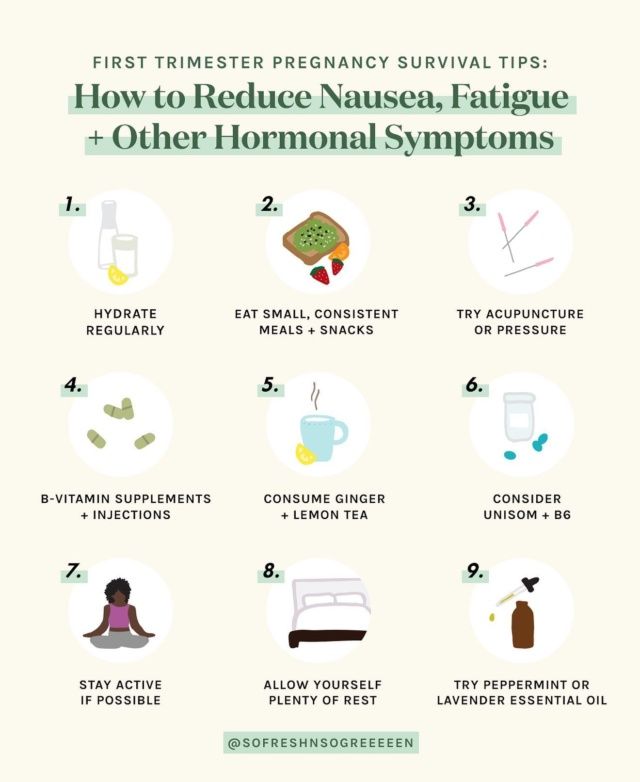
Learn more about COVID-19 vaccines and pregnancy.
Do visit the dentist.The American Congress of Obstetricians and Gynecologists (ACOG) says that teeth cleaning and dental X-rays are safe for pregnant people. In fact, OB/GYNs are now advised to do oral health assessments during an initial prenatal visit and to encourage dental visits during pregnancy.
The ACOG reports that 40% of pregnant Americans have some degree of periodontal disease and that the physical changes from pregnancy can affect the gums and teeth. A dental visit can identify any potential dental needs early.
Do stay hydrated.Hydration helps prevent preterm labor. It also helps prevent headaches, kidney stones and dizziness. If you’re already battling constipation and hemorrhoids, staying hydrated can help fight these conditions.
If your urine is light yellow to clear, you’re getting enough hydration. If it’s dark yellow, you need to increase your water intake.
The bottle of aspirin you’ve been using to relieve headaches may not be safe for you to take while pregnant. Before you take anything, check this list of medications that are generally safe to use while pregnant.
If you struggle with allergies, try to negate the need for medication by avoiding your allergy triggers.
Always talk to your provider before starting any medications, herbs or supplements.
Do ask for help.Are you already more tired than usual during your first trimester of pregnancy? Ask your partner to help out more, maybe picking up a few extra tasks around the house to ease your burden.
You have a support system – take advantage of it. Ask a friend or family member for help. Do what you need to do to ensure you are getting enough rest, for your health and for your growing baby. Having extra help or having fewer tasks to accomplish will give you more time to rest.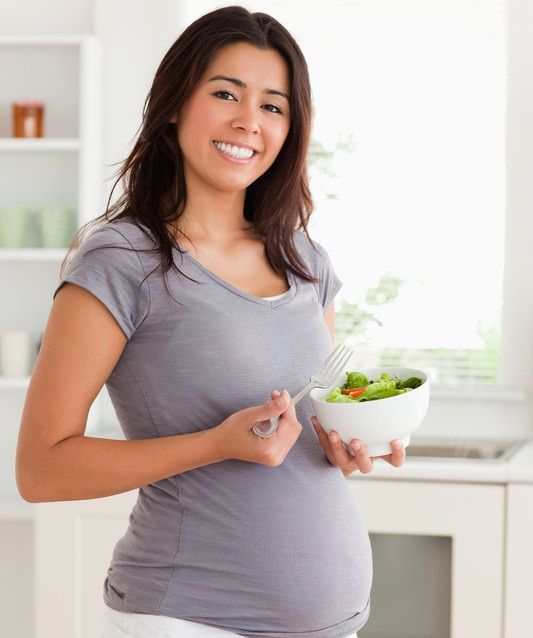
If you’re a smoker, now is the best time to quit. Quitting will give your health a boost and protect the health of your baby. Talk with your provider today about ways to quit.
According to the CDC, smoking while pregnant comes with risks. People who smoke during pregnancy are more at risk of miscarriage. Babies born to those who smoked during pregnancy are at increased risk for birth defects, premature birth, low birth weight and infant death.
These babies also are at greater risk for learning disabilities. Smoking during and after pregnancy is also a risk factor for Sudden Infant Death Syndrome (SIDS). And babies born to people who smoked during pregnancy are more likely to become smokers earlier themselves due to a physiologic nicotine addiction.
What about electronic cigarettes? The CDC says that while the aerosol of e-cigarettes typically has fewer harmful substances than cigarette smoke, e-cigarettes that contain nicotine aren’t safe during pregnancy.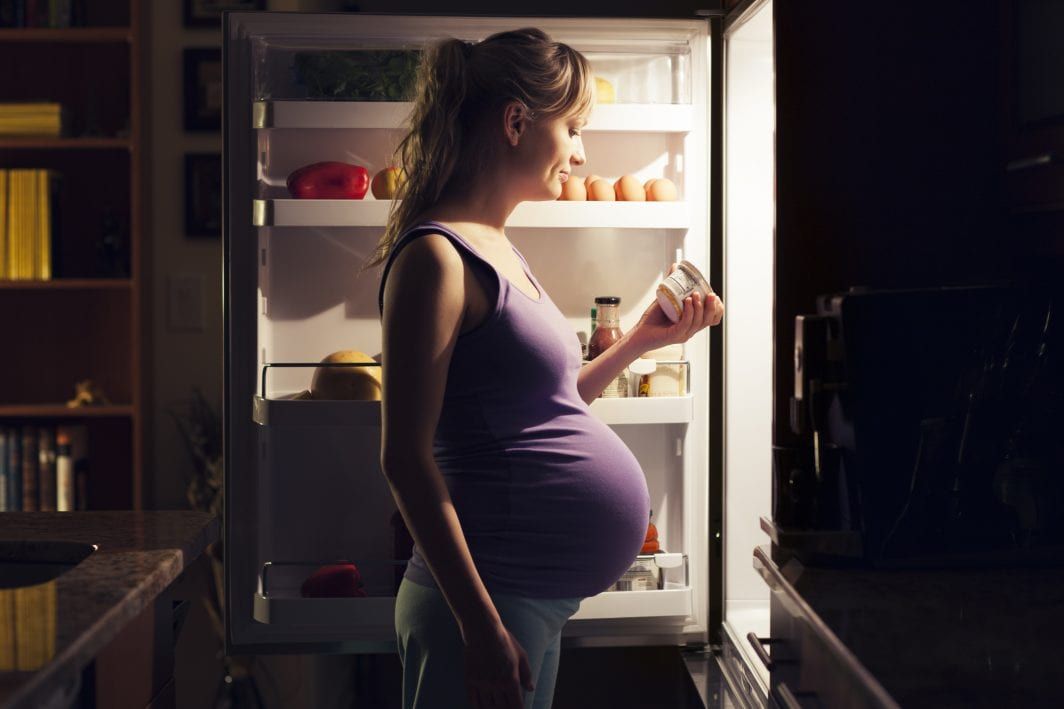 The nicotine alone is a health danger for pregnant people and developing babies. It can also damage a developing baby’s brain and lungs.
The nicotine alone is a health danger for pregnant people and developing babies. It can also damage a developing baby’s brain and lungs.
There is no amount of alcohol that is safe during pregnancy. And there is no time during pregnancy when alcohol does not carry risks.
Drinking alcohol while pregnant can cause problems for a developing baby at any stage. This includes the days and weeks before a person knows they’re pregnant. Drinking alcohol anytime in the first trimester can cause central nervous system problems and abnormal facial features and growth. Drinking alcohol later in a pregnancy can lead to miscarriage, stillbirth and fetal alcohol spectrum disorders (FASDs). These disorders are a range of behavioral and intellectual disabilities.
Children with FASDs may have:
- Abnormal facial features
- Poor coordination and memory
- Difficulty with attention
- Learning disabilities and difficulties in school
- Speech and language delays
- Lower IQs
- Poor reasoning and judgment skills
- Sleep and sucking problems as infants
- Vision and hearing problems
- Problems with the heart, kidney or bones
If someone drinks during pregnancy, it is never too late to stop. The sooner they stop, the better the health benefits are for themselves and their baby.
The sooner they stop, the better the health benefits are for themselves and their baby.
If you need help, talk to your provider right away. There are resources available.
Don’t eat raw meat.Pregnant people who eat raw or undercooked meat and eggs are at risk of contracting listeriosis and toxoplasmosis. These can lead to serious and life-threatening illnesses and can cause severe birth defects and miscarriage.
Cook your meat and eggs thoroughly before eating.
Don’t visit the sauna.Avoid the sauna and hot tub. There is a risk of overheating, dehydration and fainting every time you use a sauna, whirlpool, hot tub or steam room. If you’re looking to relax, soak in a hot bath instead.
Don’t drink too much caffeine.This is an especially tricky one in this first trimester of pregnancy because you are so very tired. But caffeine can cross the placenta and affect your growing baby’s heart rate.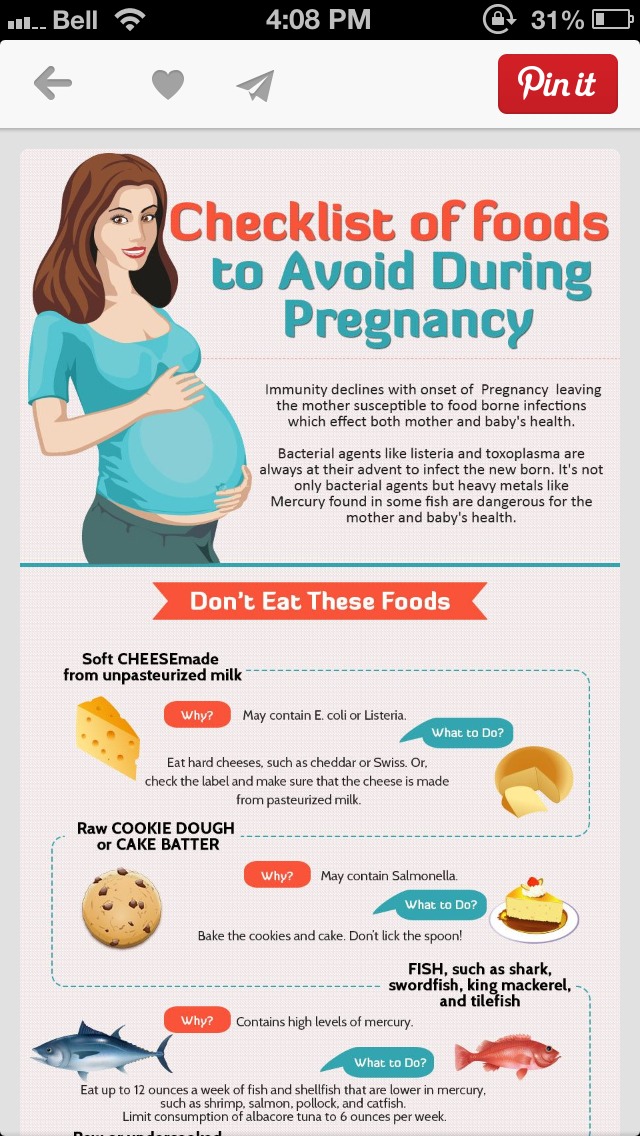
Research suggests that some caffeine is OK in the first trimester – up to about 200 milligrams a day or about two cups of coffee. But some studies suggest that drinking too much caffeine might be associated with a greater risk of miscarriage.
Don’t clean the litter box.There’s no reason to fear or avoid your pet cat during pregnancy, but leave the litter box to your partner or a friend. There are millions of parasites in feline waste, and one – toxoplasma gondii – is especially dangerous to pregnant people.
Exposure to this parasite can increase your risk of miscarriage or stillbirth. Babies born with this parasite could develop serious health problems, including seizures and mental disabilities. It also can lead to vision problems.
Don’t overeat.Studies show that half of people gain too much weight during pregnancy. When that happens, the baby is at greater risk of obesity later in life. You will need additional calories in the second and third trimesters, but doctors disagree about whether you need any extra calories in this first trimester.
Eat until you’re satisfied and then stop.
Take care of yourselfThis list of do’s and don’ts in the first trimester of pregnancy may seem a bit intimidating. But don’t let it scare you.
Most of these guidelines can be easily summed up: Take care of yourself. Be sure to eat healthy foods, drink lots of water and get enough sleep.
Before you know it, your little one will finally be here. When you hold and snuggle with your newborn, remember to thank yourself for following this list of do’s and don’ts months ago in your first trimester. A healthy, happy baby makes it all worthwhile.
Learn more
- 10 things to expect in your second trimester
- Exercise during pregnancy: Is it safe?
- You can have a happy and healthy plus-size pregnancy
…
Posted In Health Information, Pregnancy, Women's
11 Foods and Beverages to Avoid During Pregnancy
One of the first things people learn when they’re pregnant is what they can’t eat.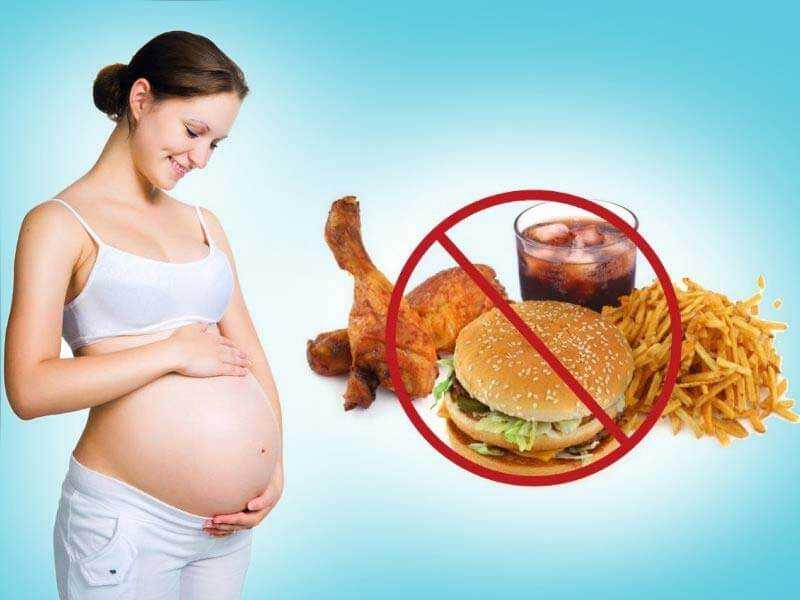 It can be a real bummer if you’re a big sushi, coffee, or rare steak fan.
It can be a real bummer if you’re a big sushi, coffee, or rare steak fan.
Thankfully, there’s more you can eat than what you can’t. You just have to learn how to navigate the waters (the low mercury waters, that is). You’ll want to pay close attention to what you eat and drink to stay healthy .
Certain foods should only be consumed rarely, while others should be avoided completely. Here are 11 foods and beverages to avoid or minimize while pregnant.
Mercury is a highly toxic element. It has no known safe level of exposure and is most commonly found in polluted water.
In higher amounts, it can be toxic to your nervous system, immune system, and kidneys. It may also cause serious developmental problems in children, with adverse effects even in lower amounts.
Since it’s found in polluted seas, large marine fish can accumulate high amounts of mercury. Therefore, it’s best to avoid high mercury fish while pregnant and breastfeeding.
High-mercury fish you want to avoid include:
- shark
- swordfish
- king mackerel
- tuna (especially bigeye tuna)
- marlin
- tilefish from the Gulf of Mexico
- orange roughy
However, it’s important to note that not all fish are high in mercury — just certain types.
Consuming low mercury fish during pregnancy is very healthy, and these fish can be eaten up to three times per week, according to the Food and Drug Administration (FDA).
Low mercury fish are plentiful and include:
- anchovies
- cod
- flounder
- haddock
- salmon
- tilapia
- trout (freshwater)
Fatty fish like salmon and anchovies are especially good options, as they are high in omega-3 fatty acids, which are important for your baby.
This one will be tough for you sushi fans, but it’s an important one. Raw fish, especially shellfish, can cause several infections. These can be viral, bacterial, or parasitic infections, such as norovirus, Vibrio, Salmonella, and Listeria.
Some of these infections may only affect you, causing dehydration and weakness. Other infections may be passed on to your baby with serious, or even fatal, consequences.
Pregnant women are especially susceptible to listeria infections.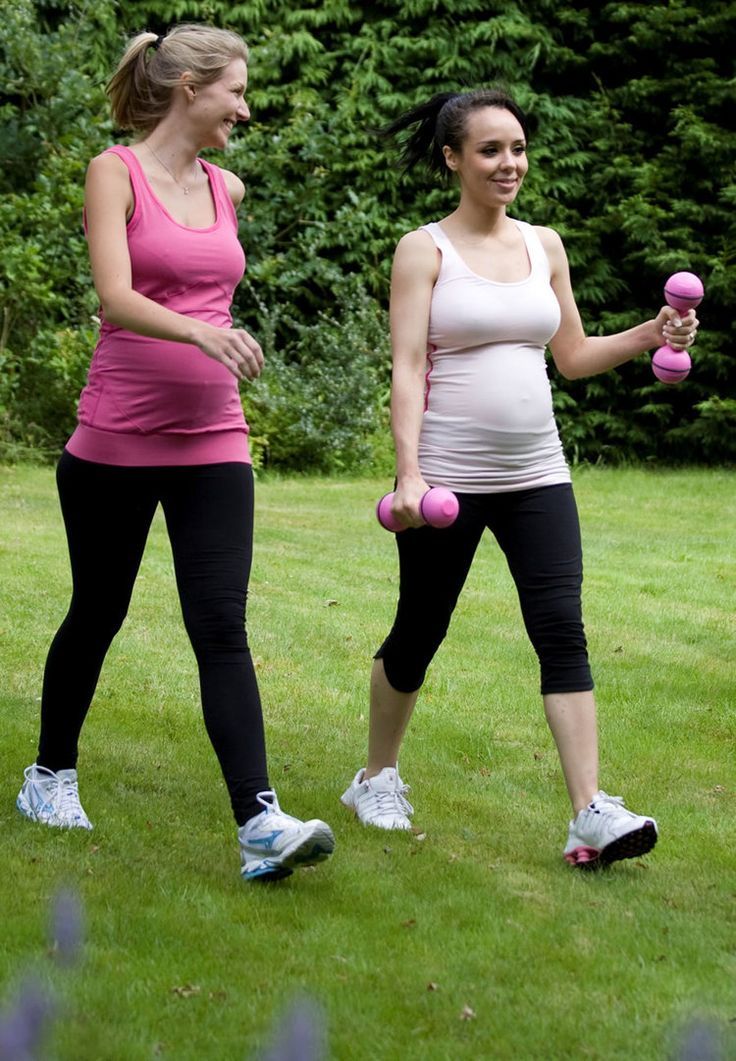 In fact, according to the Centers for Disease Control and Prevention (CDC), pregnant women are up to 10 times more likely to get infected by Listeria than the general population. Pregnant Hispanic women are 24 times more at risk.
In fact, according to the Centers for Disease Control and Prevention (CDC), pregnant women are up to 10 times more likely to get infected by Listeria than the general population. Pregnant Hispanic women are 24 times more at risk.
This bacteria can be found in soil and contaminated water or plants. Raw fish can become infected during processing, including smoking or drying.
Listeria bacteria can be passed to your baby through the placenta, even if you’re not showing any signs of illness. This can lead to premature delivery, miscarriage, stillbirth, and other serious health problems, according to the CDC.
It’s definitely advised to avoid raw fish and shellfish, including many sushi dishes. But don’t worry, you’ll enjoy it that much more after baby is born and it’s safer to eat again.
Some of the same issues with raw fish affect undercooked meat, too. Eating undercooked or raw meat increases your risk of infection from several bacteria or parasites, including Toxoplasma, E.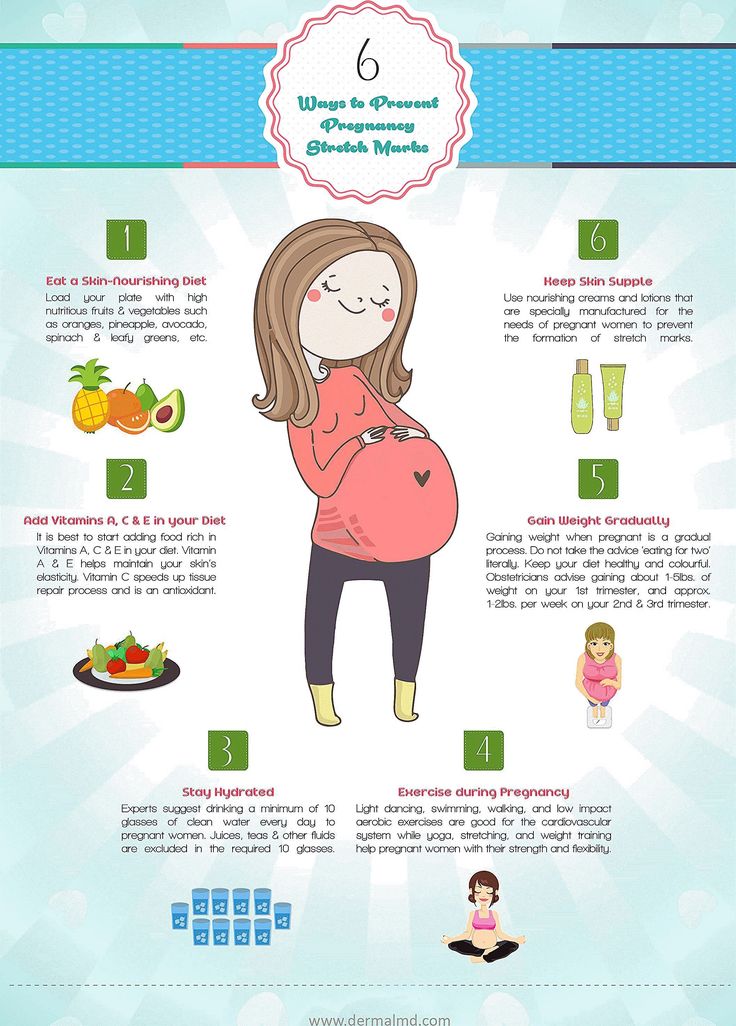 coli, Listeria, and Salmonella.
coli, Listeria, and Salmonella.
Bacteria may threaten the health of your little one, possibly leading to stillbirth or severe neurological illnesses, including intellectual disability, blindness, and epilepsy.
While most bacteria are found on the surface of whole pieces of meat, other bacteria may linger inside the muscle fibers.
Some whole cuts of meat — such as tenderloins, sirloins, or ribeye from beef, lamb and veal — may be safe to consume when not cooked all the way through. However, this only applies when the piece of meat is whole or uncut, and completely cooked on the outside.
Cut meat, including meat patties, burgers, minced meat, pork, and poultry, should never be consumed raw or undercooked. So keep those burgers on the grill well done for now.
Hot dogs, lunch meat, and deli meat are also of concern, which is sometimes surprising to pregnant people. These types of meat may become infected with various bacteria during processing or storage.
Pregnant women should not consume processed meat products unless they’ve been reheated until steaming hot.
Raw eggs can be contaminated with the Salmonella bacteria.
Symptoms of salmonella infections include fever, nausea, vomiting, stomach cramps, and diarrhea.
However, in rare cases, the infection may cause cramps in the uterus, leading to premature birth or stillbirth.
Foods that commonly contain raw eggs include:
- lightly scrambled eggs
- poached eggs
- hollandaise sauce
- homemade mayonnaise
- some homemade salad dressings
- homemade ice cream
- homemade cake icings
Most commercial products that contain raw eggs are made with pasteurized eggs and are safe to consume. However, you should always read the label to make sure.
To be on the safe side, make sure to always cook eggs thoroughly or use pasteurized eggs. Save those super runny yolks and homemade mayo until after baby makes their debut.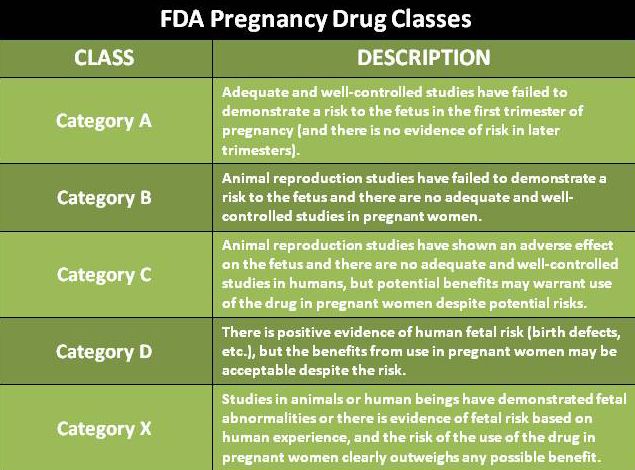
Organ meat is a great source of a variety of nutrients.
These include iron, vitamin B12, vitamin A, zinc, selenium, and copper — all of which are good for you and baby. However, eating too much animal-based vitamin A (preformed vitamin A) is not recommended during pregnancy.
Consuming too much preformed vitamin A, especially in the first trimester of pregnancy, can lead to congenital malformations and miscarriage.
Although this is mostly associated with vitamin A supplements, it’s best to keep your consumption of organ meats like liver to just a few ounces once per week.
You may be one of the millions of folks who love their daily cups of coffee, tea, soft drinks, or cocoa. You’re definitely not alone when it comes to our love of caffeine.
Pregnant people are generally advised to limit their caffeine intake to less than 200 milligrams (mg) per day, according to the American College of Obstetricians and Gynecologists (ACOG).
Caffeine is absorbed very quickly and passes easily into the placenta.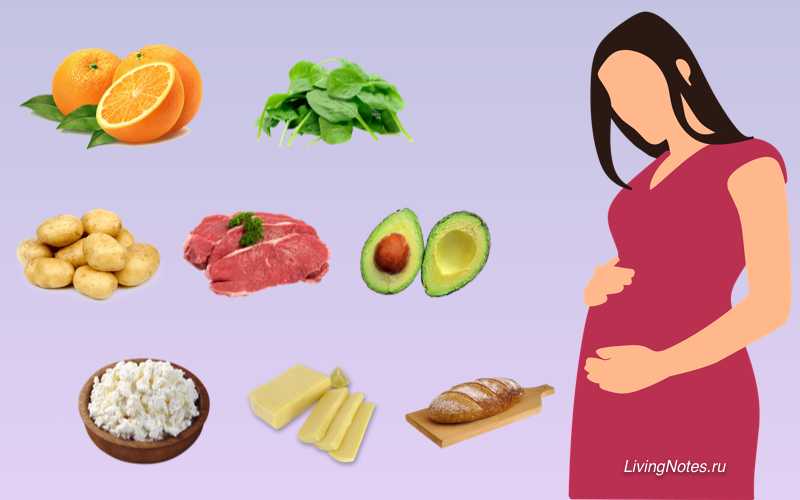 Because babies and their placentas don’t have the main enzyme needed to metabolize caffeine, high levels can build up.
Because babies and their placentas don’t have the main enzyme needed to metabolize caffeine, high levels can build up.
High caffeine intake during pregnancy has been shown to restrict fetal growth and increase the risk of low birth weight at delivery.
Low birth weight — defined as less than 5 lbs., 8 oz. (or 2.5 kg) — is associated with an increased risk of infant death and a higher risk of chronic diseases in adulthood.
So keep an eye on your daily cup of joe or soda to make sure baby doesn’t have exposure to too much caffeine.
Your healthy salad choice may not be free from rogue ingredients, either. Raw sprouts, including alfalfa, clover, radish, and mung bean sprouts, may be contaminated with Salmonella.
The humid environment required by seeds to start sprouting is ideal for these kinds of bacteria, and they’re almost impossible to wash off.
For this reason, you’re advised to avoid raw sprouts altogether. However, sprouts are safe to consume after they have been cooked, according to the FDA.
The surface of unwashed or unpeeled fruits and vegetables may be contaminated with several bacteria and parasites.
These include Toxoplasma, E. coli, Salmonella, and Listeria, which can be acquired from the soil or through handling.
Contamination can occur at any time during production, harvest, processing, storage, transportation, or retail. One dangerous parasite that may linger on fruits and vegetables is called Toxoplasma.
The majority of people who get toxoplasmosis have no symptoms, while others may feel like they have the flu for a month or more.
Most infants who are infected with the Toxoplasma bacteria while still in the womb have no symptoms at birth. However, symptoms such as blindness or intellectual disabilities may develop later in life.
What’s more, a small percentage of infected newborns have serious eye or brain damage at birth.
While you’re pregnant, it’s very important to minimize the risk of infection by thoroughly washing with water, peeling, or cooking fruits and vegetables.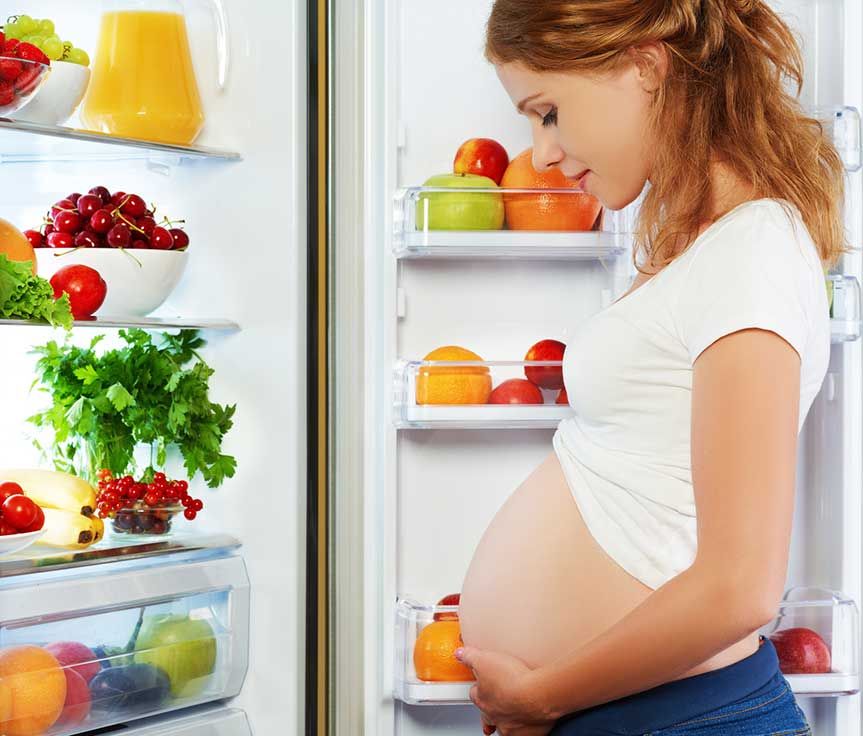 Keep it up as a good habit after baby arrives, too.
Keep it up as a good habit after baby arrives, too.
Raw milk, unpasteurized cheese, and soft-ripened cheeses can contain an array of harmful bacteria, including Listeria, Salmonella, E. coli, and Campylobacter. (These are probably sounding familiar by now.)
The same goes for unpasteurized juice, which is also prone to bacterial contamination. These infections can all have life-threatening consequences for an unborn baby.
The bacteria can be naturally occurring or caused by contamination during collection or storage. Pasteurization is the most effective way to kill any harmful bacteria, without changing the nutritional value of the products.
To minimize the risk of infections, eat only pasteurized milk, cheese, and fruit juice.
It’s advised to completely avoid drinking alcohol when pregnant, as it increases the risk of miscarriage and stillbirth. Even a small amount can negatively impact your baby’s brain development.
Drinking alcohol during pregnancy can also cause fetal alcohol syndrome, which involves facial deformities, heart defects and intellectual disability.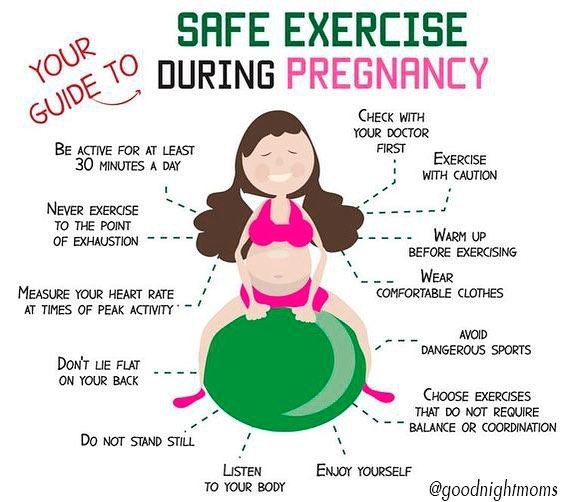
Since no level of alcohol has been proven to be safe during pregnancy, it’s recommended to avoid it altogether.
There’s no better time than pregnancy to start eating nutrient-dense foods to help both you and your growing little one. You’ll need increased amounts of many essential nutrients, including protein, folate, choline, and iron.
It’s also a myth that you’re “eating for two.” You can eat as you normally do during the first semester, then increase by about 350 calories per day in your second trimester, and about 450 calories per day in your third trimester.
An optimal pregnancy eating plan should mainly consist of whole foods, with plenty of nutrients to fulfill yours and baby’s needs. Processed junk food is generally low in nutrients and high in calories, sugar, and added fats.
While some weight gain is necessary during pregnancy, excess weight gain has been linked to many complications and diseases. These include an increased risk of gestational diabetes, as well as pregnancy or birth complications.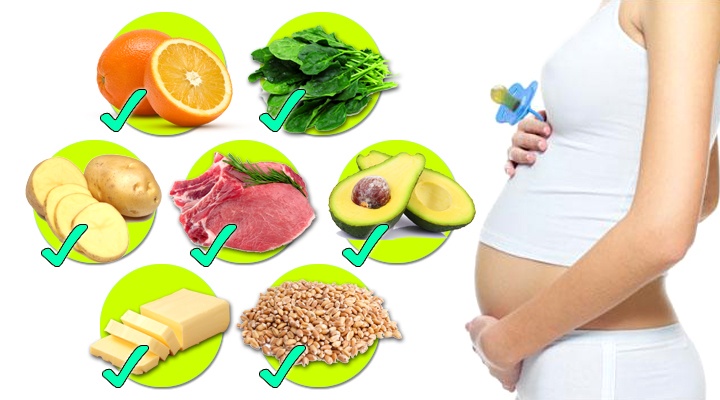
Stick to meals and snacks that focus on protein, vegetables and fruits, healthy fats, and fiber-rich carbohydrates like whole grains, beans, and starchy vegetables. Don’t worry, there are lots of ways to sneak veggies into your meals without sacrificing taste.
When you’re pregnant, it’s essential to avoid foods and beverages that may put you and your baby at risk.
Although most foods and beverages are perfectly safe to enjoy, some, like raw fish, unpasteurized dairy, alcohol, and high mercury fish, should be avoided.
Plus, some foods and beverages like coffee and foods high in added sugar, should be limited in order to promote a healthy pregnancy.
If you want to learn more about what foods you should eat during pregnancy, check out this article: Healthy Eating During Pregnancy.
Quick tips for foods to avoid when pregnant
- Avoid high-mercury fish including shark, swordfish, tuna, and marlin.
- Raw fish and shellfish can be contaminated with bacteria and parasites.
Some of these can cause adverse health effects and harm both you and baby.
- Raw or undercooked meat may contain harmful bacteria. As a general rule, meat should be cooked all the way through.
- Raw eggs may be contaminated with Salmonella, and may put you and your baby at risk. Be sure to thoroughly cook eggs before eating.
- Organ meat is a great source of iron, vitamin B12, vitamin A, and copper. To prevent consuming too much vitamin A limit your intake of organ meat to a few ounces once a week.
- Limit caffeine intake to under 200 mg per day, which is about 2 to 3 cups of coffee. High caffeine intake during pregnancy may limit baby’s growth and cause low birth weight.
- Raw sprouts may be contaminated with bacteria. Only eat them thoroughly cooked.
- Fruits and vegetables may be contaminated with harmful bacteria, including Toxoplasma. It’s important to thoroughly wash all fruits and vegetables with plenty of clean water.
- Don’t consume unpasteurized milk, cheese, or fruit juice, as these foods increase the risk of bacterial infections.

- Avoid all alcohol. Drinking alcohol can increase the risk of miscarriage, stillbirth, and fetal alcohol syndrome.
- Eating processed foods during pregnancy can increase your risk of excess weight gain, gestational diabetes, and complications. This can have long-term health implications for you and your child.
Contraindications for early pregnancy and 2nd and 3rd trimesters
Foreword
Pregnancy is a wonderful, but also a responsible time. The course of pregnancy and the health of the unborn child depend on the behavior of the expectant mother.
Lifestyle changes during pregnancy, of course. Today we will talk about contraindications during pregnancy, about those prohibitions that her condition imposes on a woman.
It is known that the entire period of pregnancy is divided into three trimesters. And in each of them there are different contraindications during pregnancy.
Contraindications in the first trimester of pregnancy
The first trimester of pregnancy is the most important period of the entire pregnancy, because at this time all the main systems of the new organism are formed.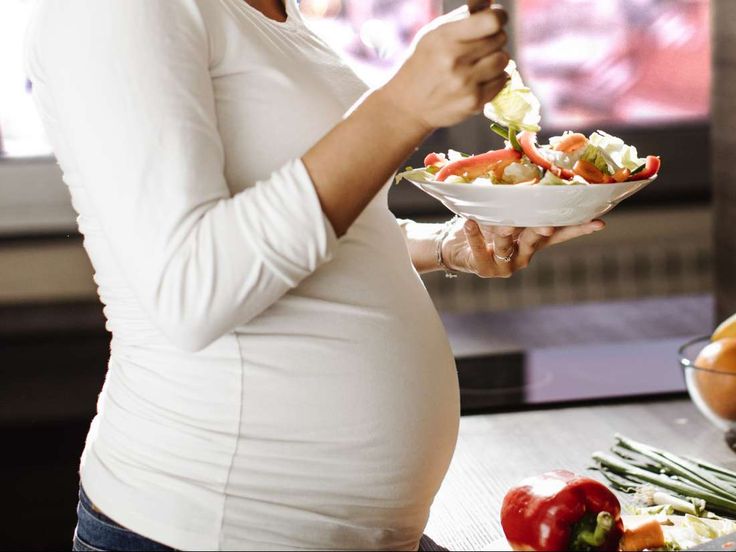 Therefore, in the first trimester of pregnancy, the list of restrictions is the most voluminous.
Therefore, in the first trimester of pregnancy, the list of restrictions is the most voluminous.
In order for a child to be healthy and develop properly, he must be provided with high-quality building materials and nullify all adverse factors that may affect the development of the body.
What should not be done in the first trimester of pregnancy?
- First of all, it is necessary to give up such a bad habit as smoking. If you smoked before pregnancy, then it is necessary to leave cigarettes immediately! Smoking has an extremely negative effect on intrauterine development and leads to the formation of pathologies of varying severity. Passive smoking should also be avoided. It is unacceptable to be in the same room with a smoker. Very often, a woman's body takes care of itself - when pregnancy occurs, she begins to experience a strong aversion to the smell of cigarette smoke.
- Alcohol is the second enemy of the normal course of pregnancy.
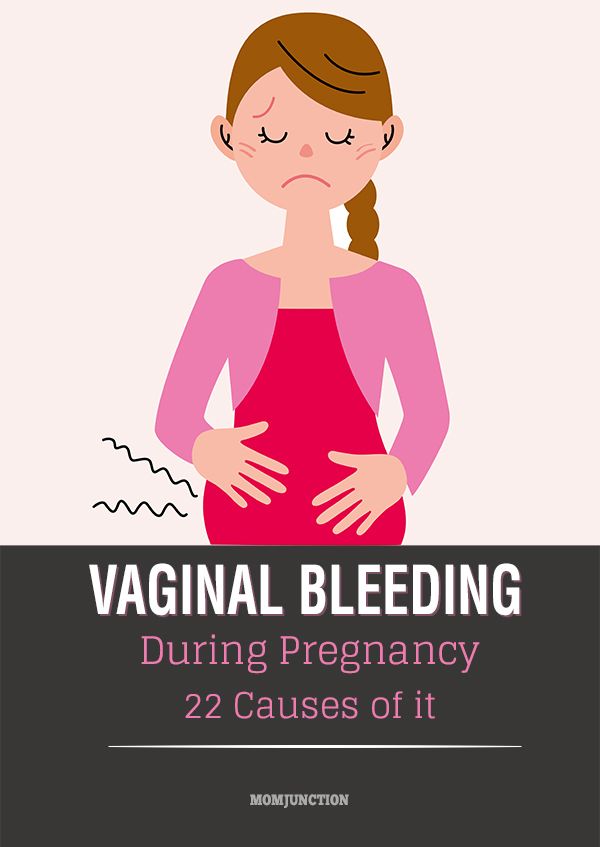 The influence of alcohol is especially harmful in the early stages, when the main systems of the body are being formed.
The influence of alcohol is especially harmful in the early stages, when the main systems of the body are being formed. - Crowded places should be avoided as there is a risk of infection in crowded places. Infectious diseases have an extremely negative effect on pregnancy, especially since the list of medicines that can be used during this period is extremely small.
- The same applies to colds, which, among other things, can lead to serious complications due to the weakness of the body. Therefore, it is advisable not to overcool, not to be in a draft, not to wet your feet.
- Fluorography and other x-rays should not be done except for vital indications. X-ray radiation has an extremely negative effect on the development of the child and can lead to developmental pathology.
- Before taking medicines during pregnancy, you should read the package leaflet very carefully and consult your doctor. Many medicines are contraindicated during pregnancy, and it is strictly forbidden to take them.
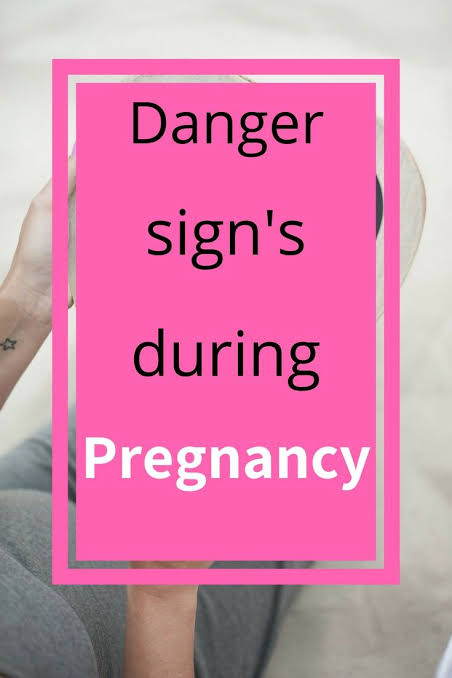 These drugs include many antibiotics, tranquilizers, painkillers, narcotic drugs, and some others.
These drugs include many antibiotics, tranquilizers, painkillers, narcotic drugs, and some others. - Stress is also a contraindication during pregnancy. Excessive nervous tension and negative emotions have an extremely negative effect on the development of the child. With stressful loads, hormonal collection often occurs, which negatively affects the development of pregnancy.
- A very important contraindication during pregnancy is weight lifting. You can not heavily load the muscles of the abdomen and pelvis. Exhausting physical exercises should be abandoned. And, of course, to exclude various extreme sports, giving preference to more relaxed activities: swimming, walking, simple yoga exercises, physical therapy and breathing exercises.
- Nutrition during pregnancy should be taken very seriously. Dyes, chemical flavoring additives in food are contraindicated.
- As for products of animal origin, they require complete heat treatment before consumption.
 It is forbidden to eat half-cooked food, as dangerous parasites and bacteria that cause serious illness can be present in uncooked foods.
It is forbidden to eat half-cooked food, as dangerous parasites and bacteria that cause serious illness can be present in uncooked foods. - If you have pets at home, especially cats, entrust the care of the cat to someone from the household. Cat feces can contain pathogens of toxoplasmosis, a dangerous disease that negatively affects the development of the child.
Pregnancy contraindications - controversial issues
Some of the restrictions during the first trimester of pregnancy are controversial today. Let's focus on the most important points.
- Sex life
During sexual intercourse, there is an active contraction of the muscles of the uterus and small pelvis, so it is advisable to abstain from sex in the first trimester of pregnancy. This is especially true with the threat of miscarriage. However, even if your pregnancy is going well, sexual contact can cause complications because the fetus may be displaced or disturbed.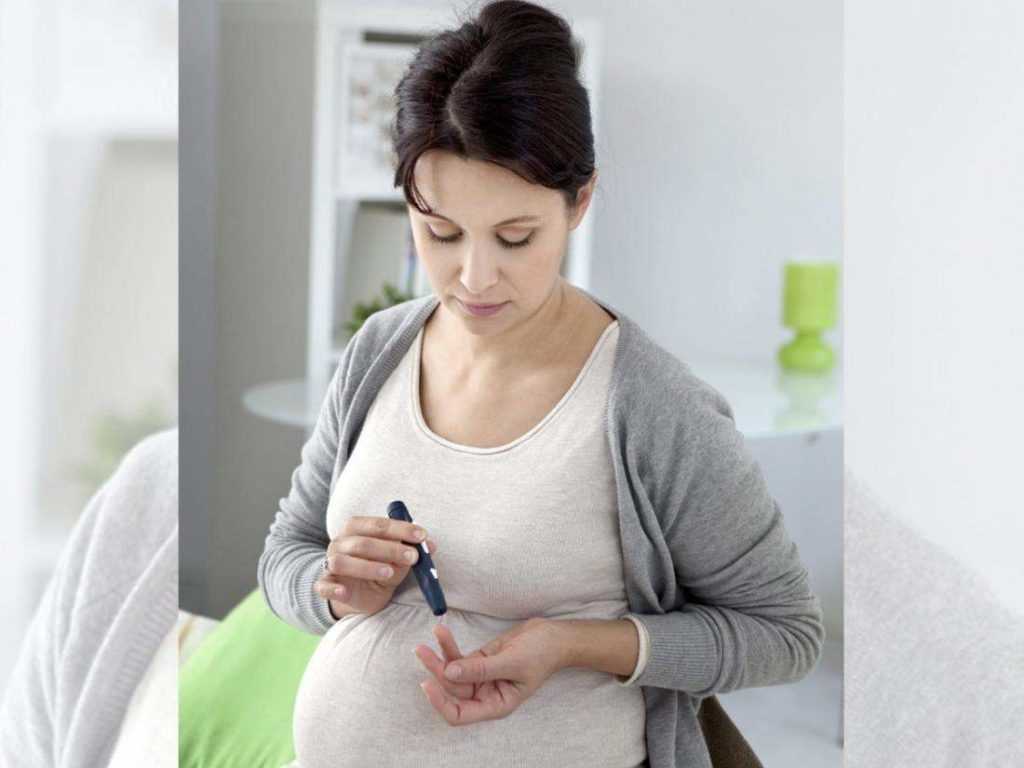
Over time, the embryo becomes more protected, so after the first trimester of pregnancy, if you feel good, there are no restrictions on your sex life.
- Cosmetics
During the first trimester of pregnancy, you must continue to take care of your body. However, it is recommended not to use cosmetics with fragrances and strong odors. Currently, many hypoallergenic personal care products are being produced, you can also use children's cosmetics.
It is good to use natural natural remedies: masks made from vegetables and fruits, such as cucumber mask or strawberry mask, as well as honey and olive oil. In specialized stores there is a large selection of cosmetics for expectant mothers.
Hair coloring is not a contraindication during pregnancy. However, it is not recommended to dye your hair with any paint. The chemical elements that make up the paint negatively affect the condition of the hair. Therefore, if you decide to dye your hair, especially in the first trimester of pregnancy, give preference to expensive proven dyes.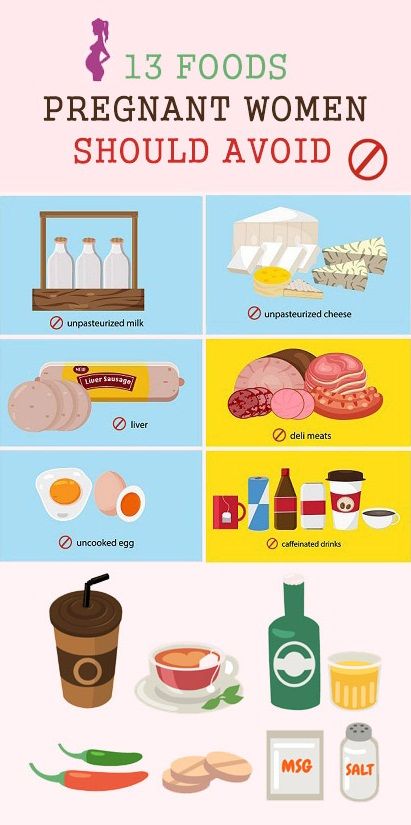 And it is best to use natural substances: henna or basma.
And it is best to use natural substances: henna or basma.
- Physical activity
Heavy physical activity is contraindicated during the first trimester of pregnancy. Serious stress on the body should be avoided, so if you were involved in extreme or power sports before pregnancy, change activities. It is possible and necessary to engage in physical education during the first trimester, but change your occupation, give preference to swimming, yoga, physiotherapy exercises, and walks in the fresh air.
There are special complexes of therapeutic and breathing exercises for pregnant women.
- Tanning and solarium
Ultraviolet is necessary for normal health and functioning of all body systems. Therefore, sunbathing is not forbidden. Of course, it is best to do it on the beach. It is only necessary to remember that it is necessary to be in the sun in the morning and evening hours, before 11 am and after 4 pm, since in the daytime the sun is very active and can harm the body.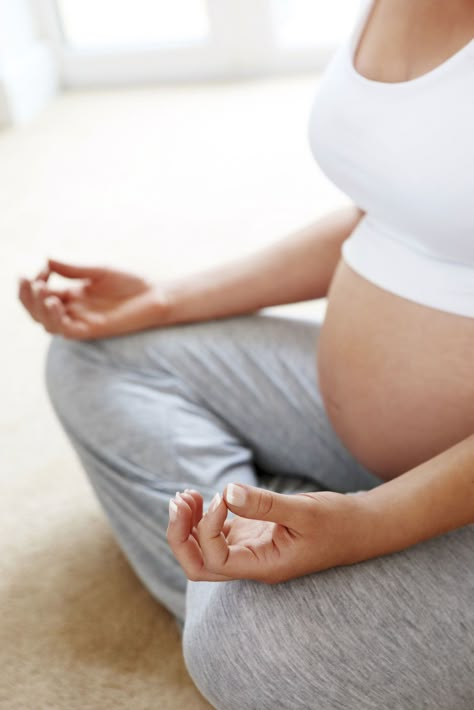
Also remember to protect yourself from sunburn and use sunscreen. Sunbathing should not be prolonged, and at the slightest sign of indisposition, they should be stopped. It is best that exposure to sunlight on the body occurs in partial shade.
Is a solarium contraindicated in the first trimester of pregnancy? Here the opinions of experts differ. However, if there are no complications of pregnancy and strict contraindications, then you can visit the solarium, observing the precautionary measures: the stomach must be covered with a cloth, and you should also carefully monitor your well-being, and at the slightest sign of malaise, stop the procedure.
- Travel
Traveling long distances is recommended to be postponed. The fact is that vibrations in the train and on the plane lead to tension in the muscles of the back and abdomen, and can provoke an increased tone of the uterus. In addition, when traveling by plane, the body experiences stress caused by pressure differences.
However, if the pregnancy is normal, the woman is in good physical shape, flying and train travel are not contraindicated. You just need to follow some precautions: drink plenty of water during the flight, wear loose clothing, and walk around the cabin several times during the flight. As for the train, here one should not save on amenities, it is not advisable to travel in a reserved seat, and even more so in a common carriage, a place, of course, should be chosen on the lower shelf.
Trips bring a lot of positive emotions, so if there are no serious contraindications, consult a doctor and feel free to hit the road!
- Power supply
Fast food and foods that cause allergic reactions should be excluded from your diet. But if you really want to eat a hamburger, then you can sometimes afford it. Just don't get carried away!
In the first trimester of pregnancy, many women experience morning sickness. Therefore, fatty and heavy foods become a contraindication in the first trimester of pregnancy.
- Coffee and cocoa
Coffee excites the nervous system and affects the heart. Therefore, coffee is a contraindication during pregnancy if you have problems with the heart or blood vessels. At the same time, in moderation, coffee is useful for maintaining tone and uplifting mood. Also, coffee is recommended at reduced pressure. But everything should be done in moderation.
Cocoa is a very useful product, it contains many vitamins and microelements. At the same time, cocoa also has negative properties: cocoa washes calcium out of the body and prevents its absorption. Cocoa also provokes the appearance of uterine tone, which is very dangerous especially in the first trimester of pregnancy. Cocoa is high in calories, so it contributes to weight gain, which is highly undesirable. Based on the foregoing, the use of cocoa is rather a contraindication during pregnancy
Contraindications in the second trimester of pregnancy
The second trimester of pregnancy is the most pleasant time! Toxicosis and ailments associated with the first trimester of pregnancy are already behind, but the size of the fetus and abdomen is still small, so a pregnant woman can enjoy her excellent condition.
Contraindications during pregnancy become much less than in the first trimester, and many of them are not so strict.
And yet, let's dwell on some of them.
What not to do in the second trimester of pregnancy?
- Power supply
Toxicosis of the first trimester of pregnancy has passed, and now the woman can return to her usual diet. However, in the second trimester there are a number of restrictions.
First of all, fatty heavy foods should be avoided. It is necessary to remove from the diet foods that can cause an allergic reaction, such as nuts, as well as foods with food additives and preservatives. Before you buy products, carefully study their composition on the label!
It is advisable to limit the intake of salty and smoked foods. Daily salt intake should also be reduced as salt retains fluid in the body, which can cause edema and is an additional burden on the kidneys, and increases blood pressure
sushi, as there is a risk of infection with helminths.
A healthy, balanced diet is the basis for your well-being and the health of your baby. The basis of a healthy diet in the second trimester of pregnancy is cereals, followed by dairy products, fruits and vegetables in second place, and fish and meat in third place. It is advisable to refuse semi-finished products during this period.
- Vitamins and trace elements
Currently, an increasing number of experts adhere to the point of view that synthetic vitamins and microelements do not bring any benefit to the body, since they are not absorbed. Of course, vitamin complexes are not a contraindication during pregnancy, but you should not rely on their miraculous power, preference should be given to natural products.
Eat more fresh fruits and vegetables, and don't forget calcium-rich dairy products as your baby's skeleton begins to take shape during the second trimester.
- Skin, nails, hair
When it comes to caring for your body, contraindications and recommendations for pregnancy in the second trimester remain the same as in the first. Get more rest and be outdoors, and from cosmetics (including hair dye), give preference to natural hypoallergenic products.
Get more rest and be outdoors, and from cosmetics (including hair dye), give preference to natural hypoallergenic products.
- Alcohol and smoking
The answer to this question is unequivocal: alcohol and cigarettes are absolutely contraindicated during pregnancy.
- Medicines
The list of drugs that are not a contraindication during pregnancy is significantly expanded in the second trimester. However, before you start taking any medication, carefully read the attached instructions and consult your doctor.
For colds and to improve immunity, it is good to use traditional medicine: tea with honey and lemon, raspberry jam, sea buckthorn berries.
Other illnesses often require medication. It is necessary to be treated during pregnancy, including taking medications. Just let your doctor know about your situation, and he will select you drugs that are not contraindicated during pregnancy.
- Sexual relations
In the second trimester of pregnancy, sex is not a contraindication if the pregnancy proceeds without complications.
Different women have different attitudes towards sex during pregnancy. For some, sexual relationships are a joy and pleasure. In this case, you can have sex, and it is useful. However, there are women who are psychologically unable to have sex while pregnant. Then it might be worth asking your partner to wait a little for the health of mom and baby.
Thus, sexual life in the second trimester of pregnancy is not contraindicated, it all depends on the well-being and psychological state of the expectant mother.
- Sports and fitness
Moderate exercise during the second trimester of pregnancy is very beneficial. Contraindication during pregnancy is only extreme sports and heavy power loads.
Continue to swim, do yoga, exercise therapy.
Outdoor walks are highly recommended.
However, potentially hazardous sports should be excluded. You should not ski or ride a bike, even if you feel well!
- Travel
The second trimester of pregnancy is the best time to travel! Just follow the recommendations of doctors during the trip and enjoy new experiences!
Choose a form of transport where you can get up and stretch when necessary.
You can also travel to exotic countries if you take precautions.
Flight is not a contraindication during the second trimester of pregnancy. However, take care of yourself in flight: wear anti-varicose tights, loose clothing, drink plenty of fluids during the flight, fasten the seat belt under your stomach.
Contraindications in the third trimester of pregnancy
The third trimester is the most difficult period for a pregnant woman. The child is already large, and the size of the abdomen is a significant inconvenience. The body of the future mother is being rebuilt and preparing for the upcoming birth.
There are many more contraindications in pregnancy in the third trimester than in the second.
What should not be done in the third trimester of pregnancy?
- Power
In the third trimester, a woman begins to experience various inconveniences associated with digestion, such as heaviness in the stomach, heartburn, constipation. Therefore, it is necessary to review the diet and diet during this crucial period.
Therefore, it is necessary to review the diet and diet during this crucial period.
One of the most important tasks during this period is to monitor your own weight. Excess weight is an additional burden on the body, which can lead to complications during pregnancy.
However, keeping your weight under control does not mean starving! Diets during pregnancy are strictly contraindicated!
From the diet should be excluded foods that are not nutritionally useful, but only lead to excess weight. Such products include cakes, pastries, pies, buns, sweets, cookies.
Preference should be given to dairy products, lean fish and meat, cereals, fruits and vegetables.
Eat a balanced, varied diet in small portions.
Overeating is also a contraindication during pregnancy. You should not take part in feasts at this time.
- Drinking mode
As for drinks, some of them are contraindicated in the third trimester of pregnancy.
First of all, these are any drinks containing alcohol, as well as energy drinks, sweet carbonated water, especially Pepsi and Fanta, strong coffee and tea.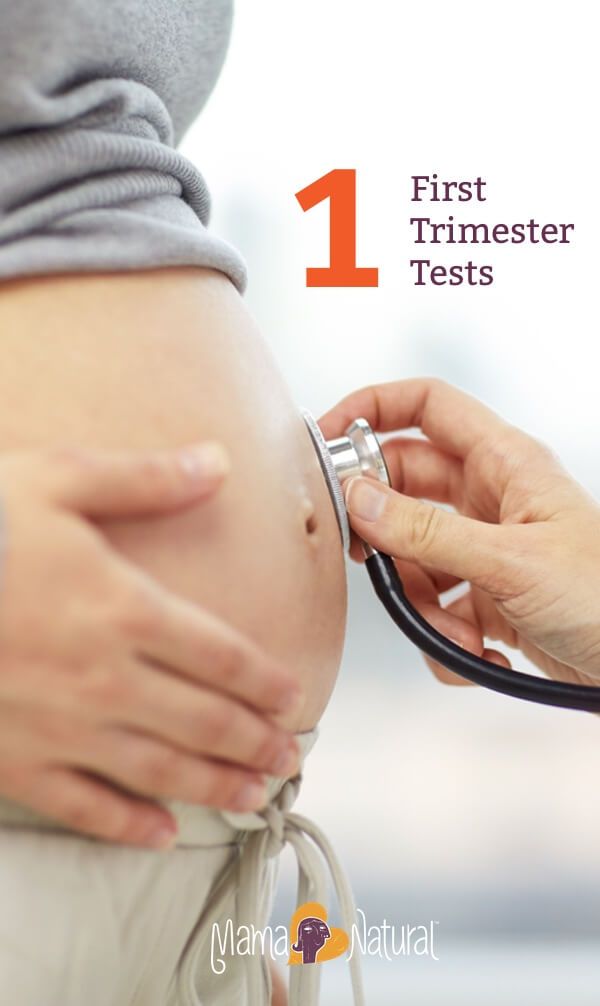
Preference should be given to drinks such as herbal teas, natural juices, fruit drinks and compotes with a low sugar content. It is also recommended to drink ordinary mineral and table water.
In terms of fluid intake, gynecologists currently do not limit fluid intake during the third trimester. If a woman has edema, then this is not due to fluid intake, but to a violation of the kidneys, which can lead to a severe complication, preeclampsia.
If edema occurs, you should immediately consult a doctor and take medical measures.
- Medicines
Some medications are still contraindicated during pregnancy in the third trimester. However, the list of drugs, the use of which is possible, is expanding more and more.
Therefore, doctors often postpone the treatment of certain diseases until the third trimester, when a woman can undergo drug therapy without harming either her health or the health of her unborn baby.
The rule for taking medications in the third trimester remains the same for the entire duration of pregnancy: before taking this or that drug, carefully read the instructions and consult a specialist.
- Physical activity
The physical condition of a woman in the third trimester imposes many restrictions on physical activity.
Contraindications during pregnancy during this period are weight lifting, strength exercises, active and potentially traumatic sports.
The child grows, takes up more and more space in the woman's body, and it becomes more and more difficult for her to move. Shortness of breath appears, previously normal movements become difficult: bending or climbing stairs.
However, exercise during the third trimester of pregnancy is not a contraindication. On the contrary, walking, swimming, special exercises for pregnant women are useful.
You should rely on your own well-being. Physical education should please, improve mood and not cause severe fatigue.
- Sex life
Sex in the third trimester of pregnancy is not contraindicated. However, sex should be treated with caution, given that not all methods are appropriate at this time.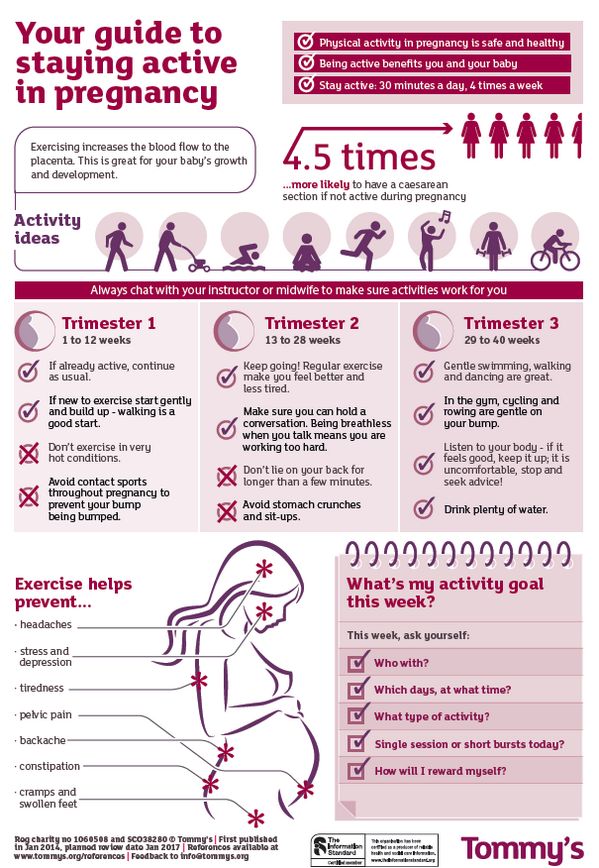
In addition, at the very late stages of sex can become a stimulation of the onset of labor. Sometimes gynecologists even advise resorting to this method to start the process of childbirth.
Therefore, if a woman is at risk of premature birth, it is advisable to refrain from sexual activity during this period of pregnancy.
Sexual activity in the third trimester of pregnancy is recommended if desired and sensibly, if there are no complications.
Summing up all of the above, it should be noted that pregnancy is a special crucial period in a woman's life, which imposes a number of restrictions.
Contraindications during pregnancy are caused by the peculiarities of this period and do not prevent you from leading a normal life and enjoying your position.
First pregnancy, what do you need to know?
The first pregnancy in a woman's life is always an important event. Information about what to expect during this period is very easy to find.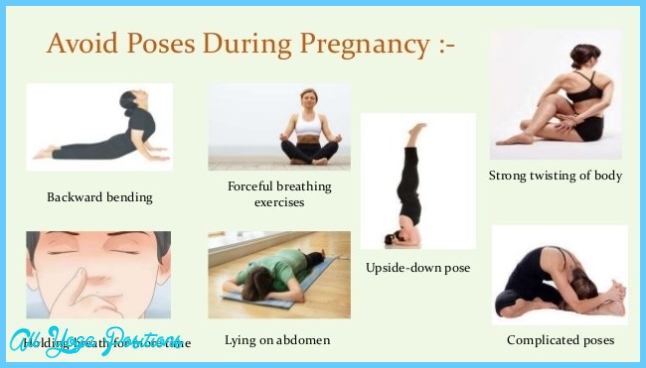 But often the sources of information are not trustworthy and offer conflicting information.
But often the sources of information are not trustworthy and offer conflicting information.
Facts that expectant mothers need to know
Pregnancy normally lasts 40-42 weeks and ends in vaginal delivery or caesarean section. This period will be divided into trimesters, the first - to 13 weeks inclusive, the second - from 14 to 27 weeks, and the third - from 28 weeks to delivery. Each trimester has its own characteristics.
The first trimester is the most unpredictable. It can pass very easily - some women do not even notice their condition. But in the first trimester, side effects of a sharp hormonal change in the body are also possible. Morning sickness, sudden bouts of weakness, low blood pressure, irritability, increased reaction to smells - all this happens due to the fact that the hormonal background changes dramatically in the body. All of these symptoms in the first trimester are normal, but they should be told to the attending physician.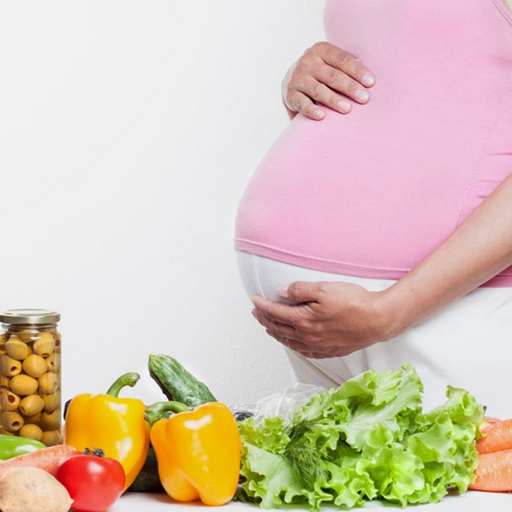
In the first trimester, the laying and formation of the fetal body takes place. Most congenital pathologies are the result of violations during this period. In order not to provoke developmental anomalies, the expectant mother should avoid pathogens. Alcohol, nicotine, a range of drugs, and toxins in the water and air can adversely affect the health of the unborn child. You should also carefully approach the choice of cosmetics and hair products.
Pregnancy: first week
A woman can assume that the first week of pregnancy has begun only if she carefully prepared for the process of conception, calculated the time of ovulation, and chose the time for sexual intercourse. But even in this case, there can be no 100% certainty. For the first two or three weeks, a woman cannot independently determine whether pregnancy has occurred or not. Even if the fertilization of the egg has occurred, and the rapid process of embryo development has begun, it is still so small that it is not felt in the mother's body.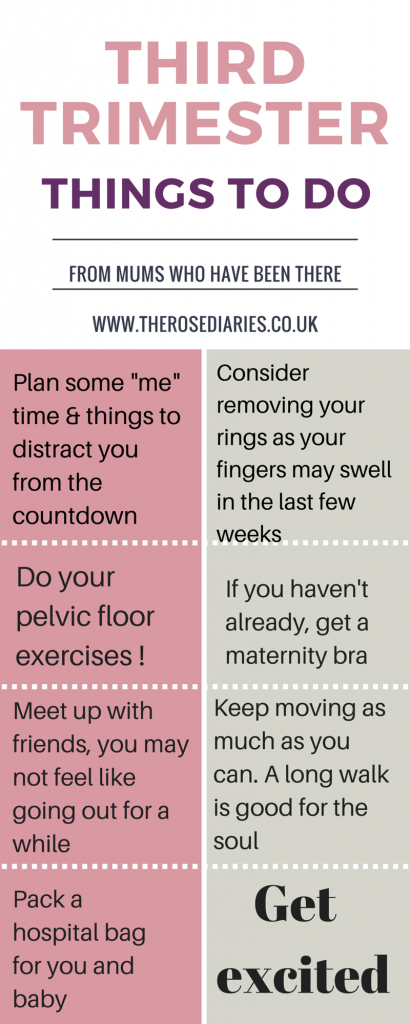
However, from the first days you can switch to a lifestyle suitable for pregnant women. It is recommended to avoid harmful foods, strong drugs, alcohol, smoking, stress; engage in gentle sports, walk in the fresh air.
In the second trimester, the fetus is almost formed and grows rapidly. At about 4.5 - 5 months, a woman begins to feel the movement of the child. At the same time, the belly appears and begins to grow. The baby acquires the ability to hear sounds, and if the mother or father is talking to him, he can move in response. The second trimester proceeds with a minimum number of complications, this is the best period for official preparation for childbirth: choosing a clinic, paperwork, settling issues with work, and so on. By the end of the second trimester, you should pack a bag for the maternity hospital, and in addition, sign up for a course for new mothers. In such courses, women are taught not only the correct behavior in childbirth, but also the handling of a newborn baby.
In the third trimester, the fetus is already formed, even with the onset of premature birth, the child can be saved. However, normal gestation up to 40-42 weeks is the best option. Due to the large and heavy belly, the expectant mother experiences inconvenience: her back may hurt, her legs may swell, and during sleep, a woman cannot calmly change her position. On the recommendation of a doctor, you can wear a bandage for pregnant women: this is a wide elastic belt that supports the stomach. The third trimester is considered the most difficult.
Whatever the course of pregnancy, it should be remembered that this is not a disease, but a natural state for a woman. Therefore, the expectant mother should lead a familiar lifestyle, excluding only that which can harm the baby. A pregnant woman can continue to work, travel, engage in her favorite hobby. This will create a good mood for the mother, and the hormones of joy, along with the bloodstream, are transmitted to the baby.


